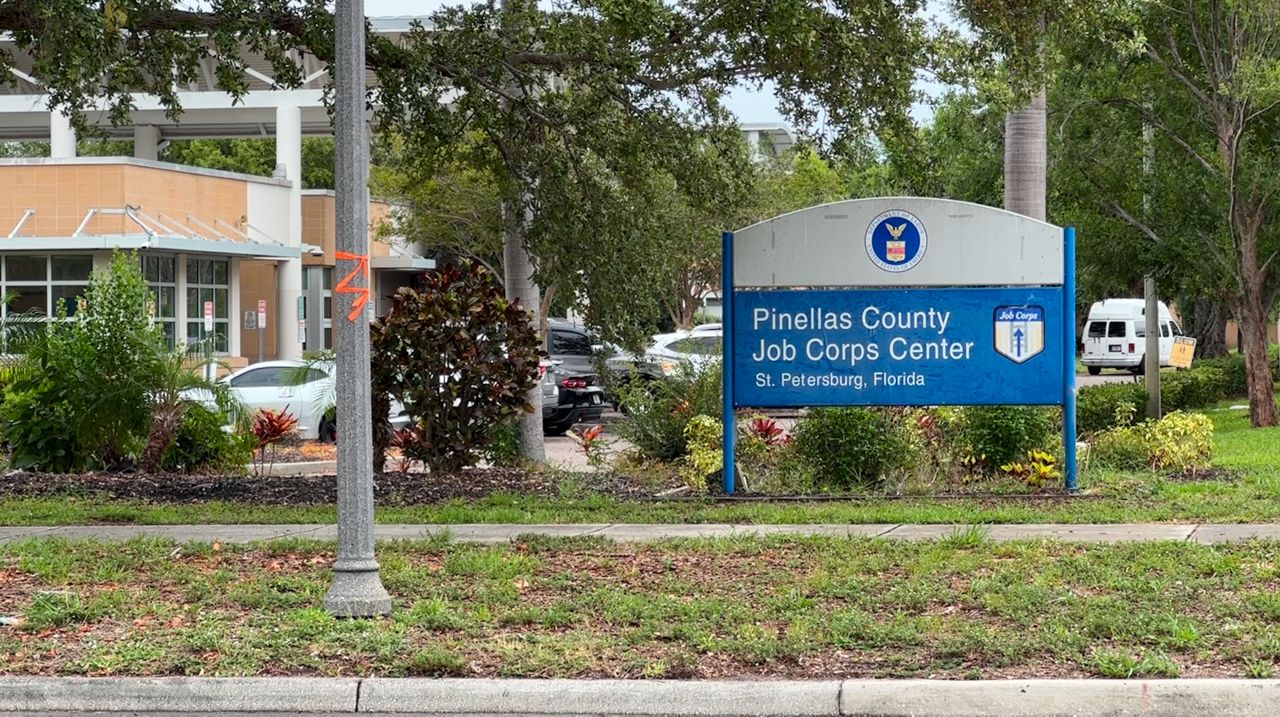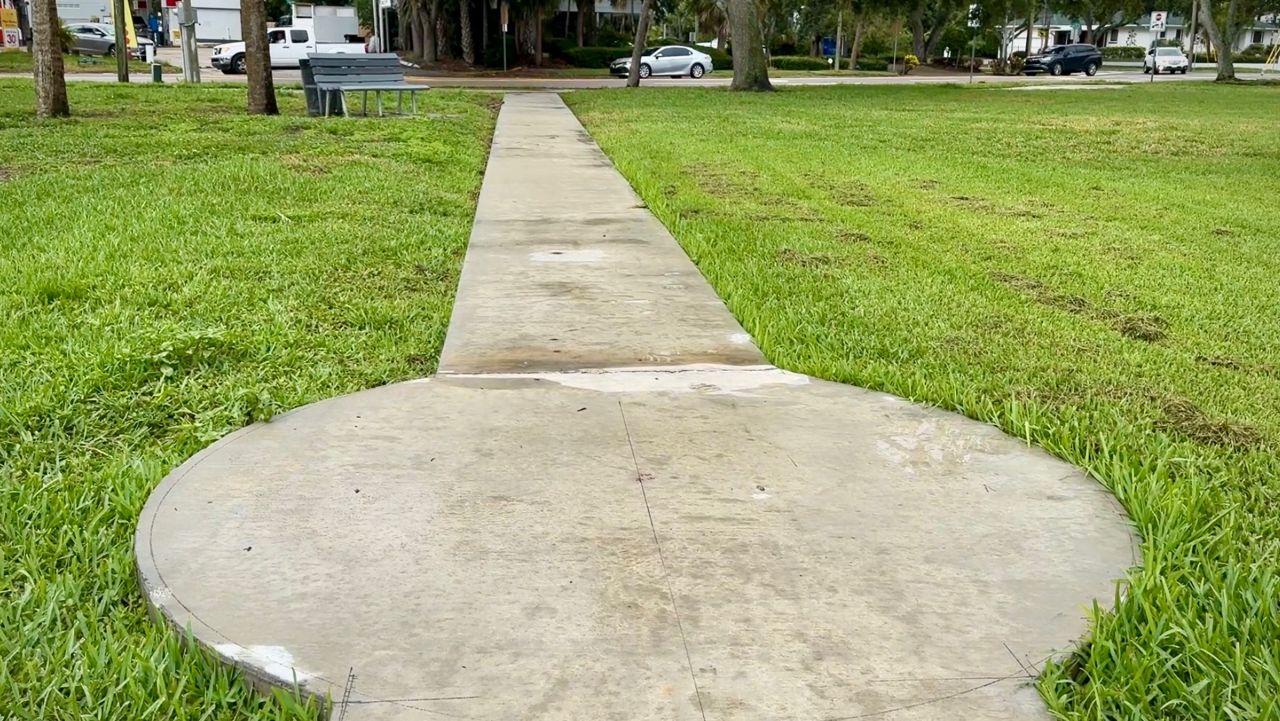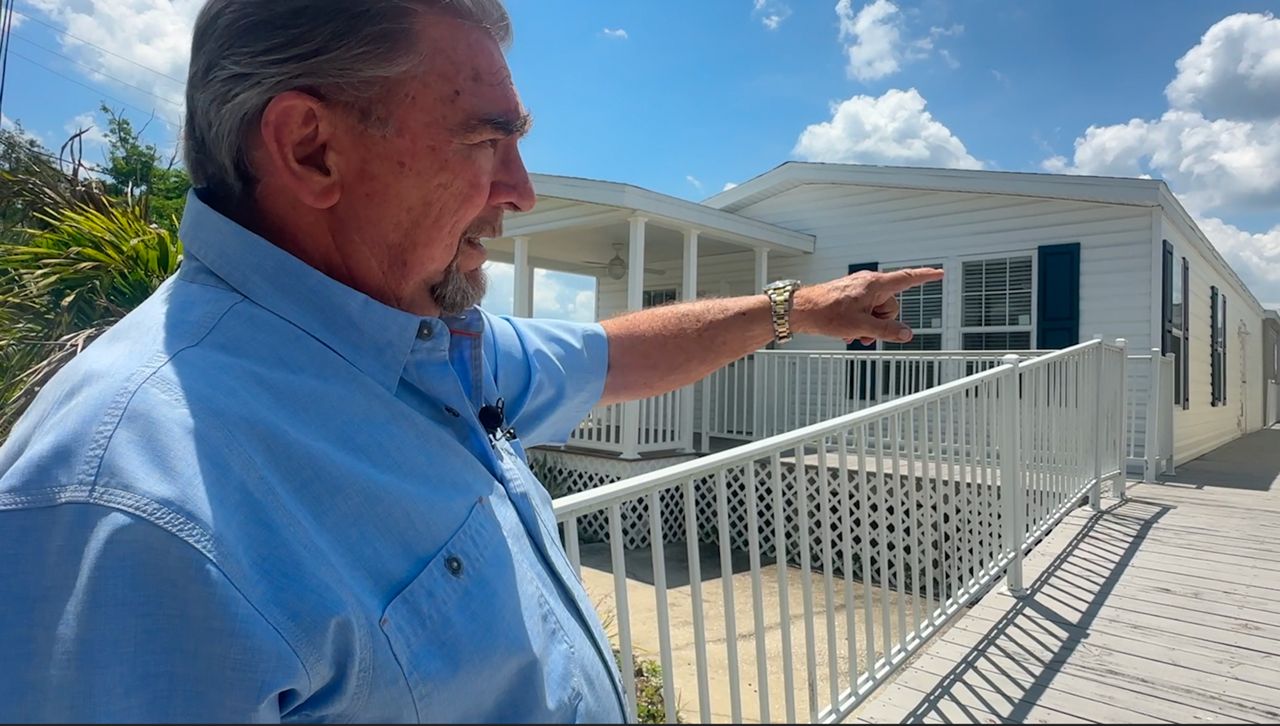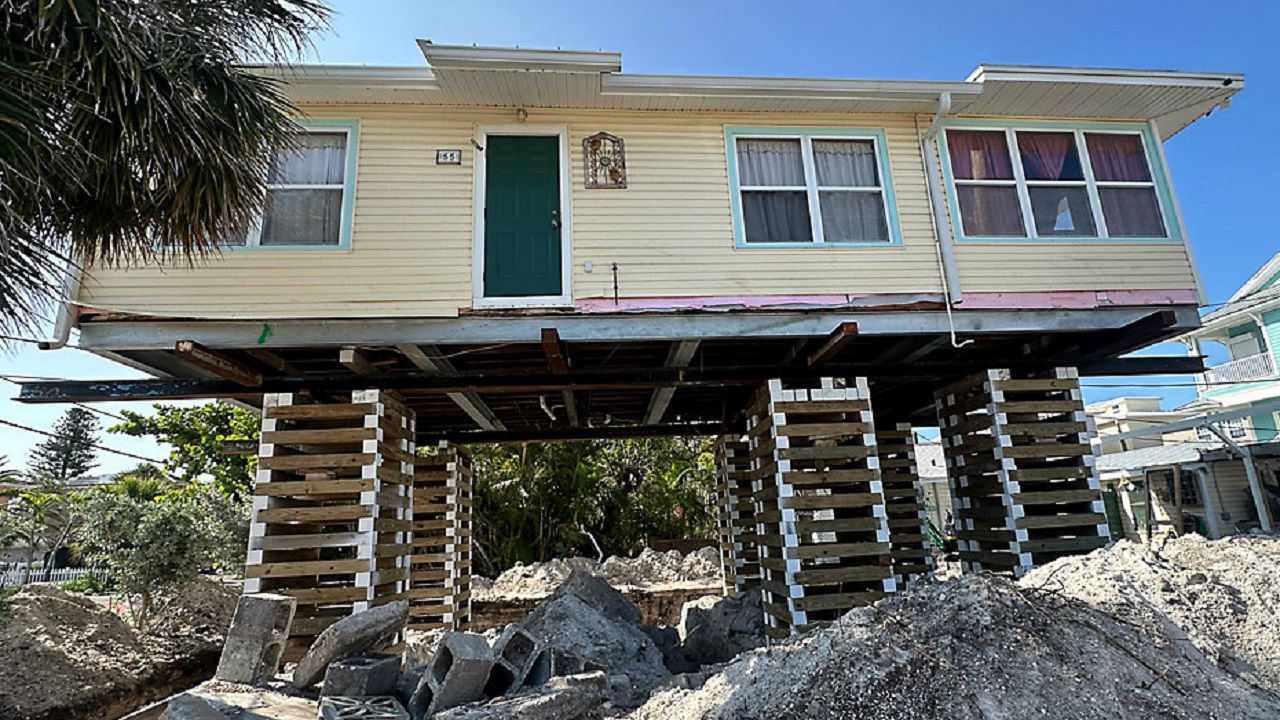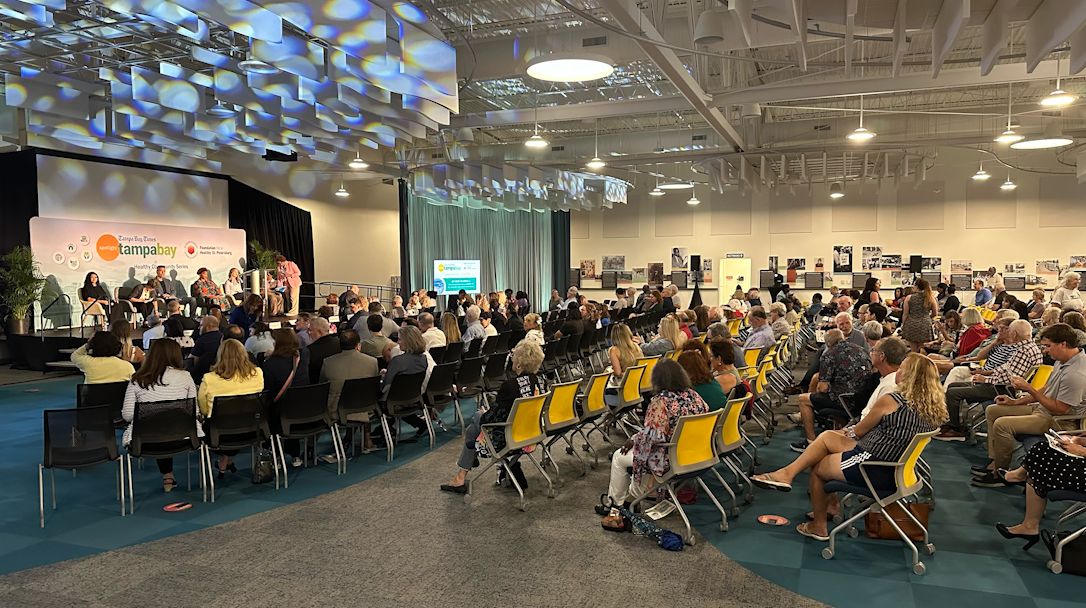ST. PETE BEACH, Fla. — The owner of a St. Pete Beach hotel that has been housing hurricane victims who are working on repairing their homes, says a program that was designed to help people recover has put him in a bind.
Robert Czyszczon, owner of the Plaza Beach Hotel, opened up his hotel to those using FEMA’s Transitional Sheltering Assistance (TSA) program shortly after the back-to-back hurricanes hit Pinellas County. For 180 days, FEMA paid the hotel directly for dozens of residents to stay while their homes were being repaired or they found new places to live.
On April 10, as the program was set to expire, FEMA granted a 60-day extension for those who were eligible and met a strict set of guidelines outlined by the agency.
Czyszczon said after he got his hands on the extension letter, he told 63 of his guests who had been living at the hotel that they could stay until the program’s new June 8 deadline.
In late April, Czyszczon said he received a check from FEMA that only covered 15% of the guests he had staying there through the TSA program. He got on the phone with FEMA’s processing company and together deduced that a contradictory clause in the new rules made most of the people he was housing ineligible.
“We read through it very carefully and went… ‘oh my gosh, this is it,’” he said. “It was kind of an enlightening moment as we realized that there’s one clause that is what’s disqualifying about 85% of the people.”
Those who are eligible for the TSA extension are put into two categories: Those who are awaiting placement in the direct housing programs, and those whose homes still have significant FEMA verified damage that makes their home uninhabitable. Czyszczon says a clause that makes people who refused direct housing assistance ineligible, is what’s causing the issue.
“Unfortunately, the way the bill was written, they’re automatically disqualified because they refused the direct housing program. But if your home is in repair, you don’t need the direct housing program,” he explained.
Now Czyszczon says he’s out more than $200,000 just from the last 5 weeks. He says he’s now been faced with the decision of making hurricane victims with nowhere to go leave his hotel so he can sell the rooms to try to recoup some of the losses, or let them stay and take the hit.
“It hurts me financially, but I know what the right decision is. My heart tells me what the right decision is. So we’re going to keep them here,” he said. “But it is definitely going to hurt us at the bottom line, without a doubt.”
Czyszczon says he contacted Senator Rick Scott’s office for assistance on the issue and has been working with them on a possible solution.
Lindsay Tozer, Media Relations Specialist with FEMA, said they were aware of the situation and issued this statement:
“FEMA’s TSA program provides short-term lodging in participating hotels for eligible disaster survivors. Eligibility is reassessed regularly, in coordination with the state, and survivors must actively work on a housing plan, which may include options like Direct Temporary Housing. Declining a suitable direct housing offer can affect continued TSA eligibility.”
Czyszczon said on April 10 at the original deadline he had 63 guests staying through the FEMA program, now he’s down to 44 as more repairs have been completed and residents have been able to return home.






